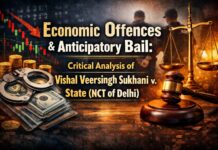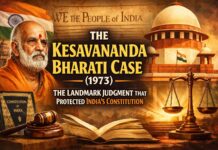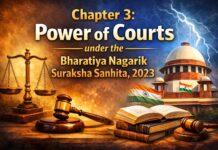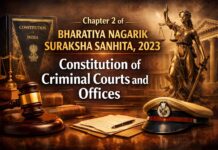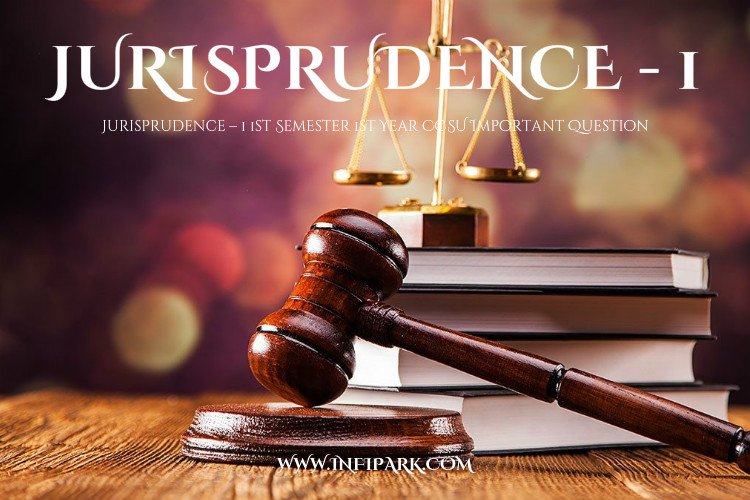| (PART-A) Long Questions & Answers |
Q.1. Define and explain the meaning of Jurisprudence. What are the contents of Jurisprudence ?
Or
Discuss the nature and scope of ‘Jurisprudence’. Evaluate the need and importance of the subject in the study of law.
Q.2. Discuss the salient features of the Analytical school of jurisprudence indicate its shortcomings. Why is this theory called as Command/Imperative theory of law ?
OR
Discuss the main characteristics of Analytical school. Why is it called analytical?
OR
Discuss in brief the characteristic features of the Analytical school. Why this theory is called ‘Positive theory of law?’
Q.3. Critically explain the imperative theory of Law. How far do you agree that it is unethical and-inadequate ?
Or
Austin resolved every law into a command of law giver, an obligation imposed thereby on the citizens and a sanction threatened in the event of disobedience. Do you agree with this view ? Comment.
Q. 4. Austin divides Jurisprudence into “General and Particular”. To what extent Salmond and Holland agree with this division?
Q.5. Discuss Kelson’s pure theory of Law. What are the mains points of criticism of this theory ?
Or
Kelson “wishes to free the law from the metaphysical mist which it has been covered of all times.” Discuss.
Q.6. Explain the Bentham’s theory ?
Q.7. Discuss the ethical or philosophical school of Jurisprudence.
Q.8. Discuss the distinctive characteristics of Historical School of Jurisprudence. Distinguish clearly between Analytical jurisprudence and Historical jurisprudence.
Q.9. Discuss the contribution of Savigny as propounder of Historical Jurisprudence ?
Q.10. Discuss the salient features of the Analytical school of jurisprudence and indicate its shortcomings. Why is it nicknamed as Command Imperative theory of law?
OR
Discuss the main characteristics of Analytical school. Why is it called analytical?
OR
Discuss in brief the characteristic features of the Analytical school. Why this theory is called ‘Positive Theory of Law?
Q.11. What is the theory of Maine and his contribution ?
Q.12. Critically examine the revival of Natural Law Theories in Modern era.
Q. 13. Give a brief account of the historical development of Natural Law School.
OR
Trace the historical development of Natural Law School.
Q.14. Discuss the chief principles of Natural Law School of a Jurisprudence.
OR
Write an essay on Revival of Natural Law Theory, pinpointing the Demerits of Natural Law, if any.
Q.15A. Discuss the salient Features of the Sociological School of Jurisprudence.
Q.15B. Discuss the meaning, characteristics and developmental stages of Sociological Jurisprudence.
Q.16. Discuss the contribution and theories propounded by the following exponents of sociological jurisprudence
(a) Rudolph Von Ihring
(b) Leon Duguit
(c) Roscoe Pound
Q.17. Who is the propounder of the theory of ‘Living Law’?
Q.18. Write an essay on Realist School of jurisprudence giving examples from Indian legal system.
19A. (b) Discuss the Marxist/Economic theory of Law.
Q.19B. Who are the chief exponents of the American Realist thought? Explain the view of anyone of them.
Q.20. Write short notes of the following :
(a) Jurisprodence and Ethics
(b) Jurisprodence and Psychology
(c) Jurisprodence and Sociology
| (PART-B) Short Questions & Answers |
Q.1. What are the various kinds of law?
Q.2. Explain the contribution of Savigny.
Q.3. Explain the contribution of Sir Henry Maine.
Q.4. Explain the Contribution of Duguit.
Q_5. Explain the Contribution of Roscoe Pound.
Q.6. Explain the contribution of Kelsen.
Q.7. Explain the contribution of John Austin.
Q.8. What is the contribution of Manu as a jurist ?
Q.9. What is Manu’s “Theory of Equiality “?
Q.10. Explain the Contribution of Hart.
Q.11. Explain “Conventional Custom”.
Q.12. What is the relation between Law and Morals?
| (PART-C) |
Very Short Questions & Answers






